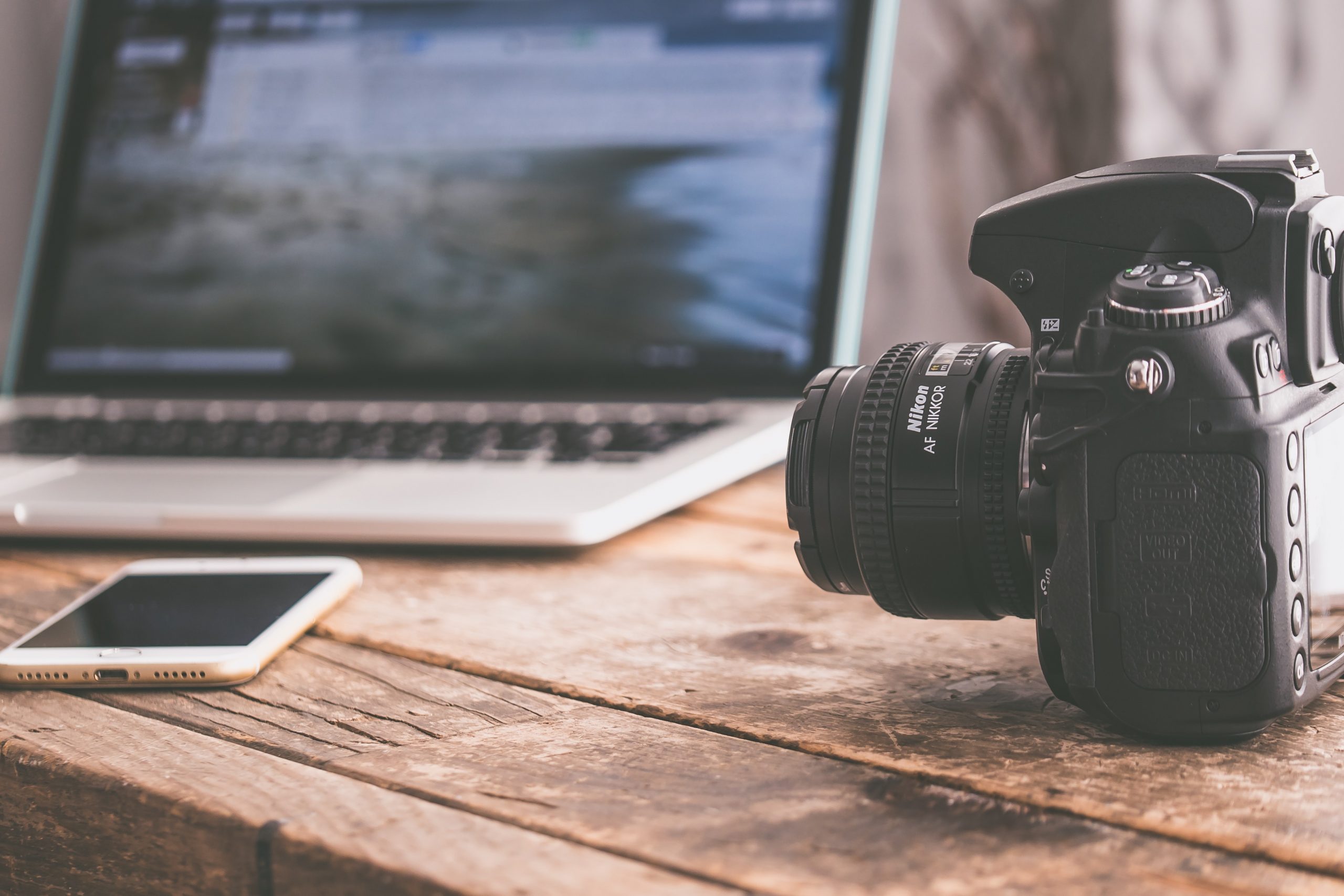David Wang is a Boston native who’s spent much of his career focused on unlocking new and refreshing experiences in urban environments. Having spent his early post-grad days in China as a market researcher, he’s spent a lot of his time investigating how business can improve the lives of city dwellers and, more specifically, how a company might unlock the true experience of traveling through a social and cultural epicenter.


He’s currently one of the co-founders of Alight, a startup app that’s challenging the way we think about bus rides in Boston by adding a new layer to the experience through audio content. We spoke with David a few weeks ago to learn more about his company’s vision and how current students can get involved.
What interests you the most about public transportation?:
It’s something that really informs the way you interact with a city. It starts with a question of how do we do a better job of moving people around the city, not just in terms of service or affordability but in terms of the experience itself. You should be proud about how you get from point A to point B. You should allow that to be a part of your identity.
It’s a softer side of how people look at urban mobility but I definitely think it’s important to look at the different ways we can really use this to allow people to engage in their city more and make choices that affect their city… There’s a lot of room for creativity there if we allow people to put their stories on the bus. I’m really looking at the intersections of how cities can be unlocked through businesses.
What does the process for this project look like?:
There’s a phrase in Chinese that means to ‘see the big from the small’. That’s sort of how I’ve always operated in all my teams. Do it small first – there’s a big emphasis on answering this big change to the bus system as people start to ask questions. That’s clearly our mission but, to be honest, on a day-to-day basis, we’re currently riding the bus. We’re hopping on the bus, recording audio, and then putting it through the prototype app we’ve put together and we’re inviting friends to use the content we’ve made. And, if it catches, great!
In terms of partnerships, one of our closest advisors is the Chief Technical Officer of the MBTA David Block-Schachter. He’s been very supportive in terms of directing us toward the right routes to start with but he’s also mentioned that he wants the project to be independent of the T.
We’re working with him and of course, we’re working a lot with MIT’s Design X Accelerator. This has really helped with both mentorship and developing the business-end of things.
What interests you about Emerson students specifically?
I think, one of the reasons I reached out, is that I grew up in the Boston area and Emerson has always been on my radar – I grew up listening to the radio station. When we were putting this together it was actually one of the first places we were thinking about. We’re kind of doing something a little different for an audio project – it’s not exactly a podcast, it’s a bit shorter in terms of content and is clearly designed to be used for mobile, so we knew we’d want to look for students who are working in this field and who are innovating in this area.
This is a new kind of media. It’s mobile, short-form audio tied into GPS signals – it’s unique in that respect. And it requires some unique thought to it in that regard in thinking of what would constitute some great audio content. We believe Emerson students have, not only the tools but the mindset needed to take on a creative audio project like this. Audio is just such a different beast from other forms of media.


